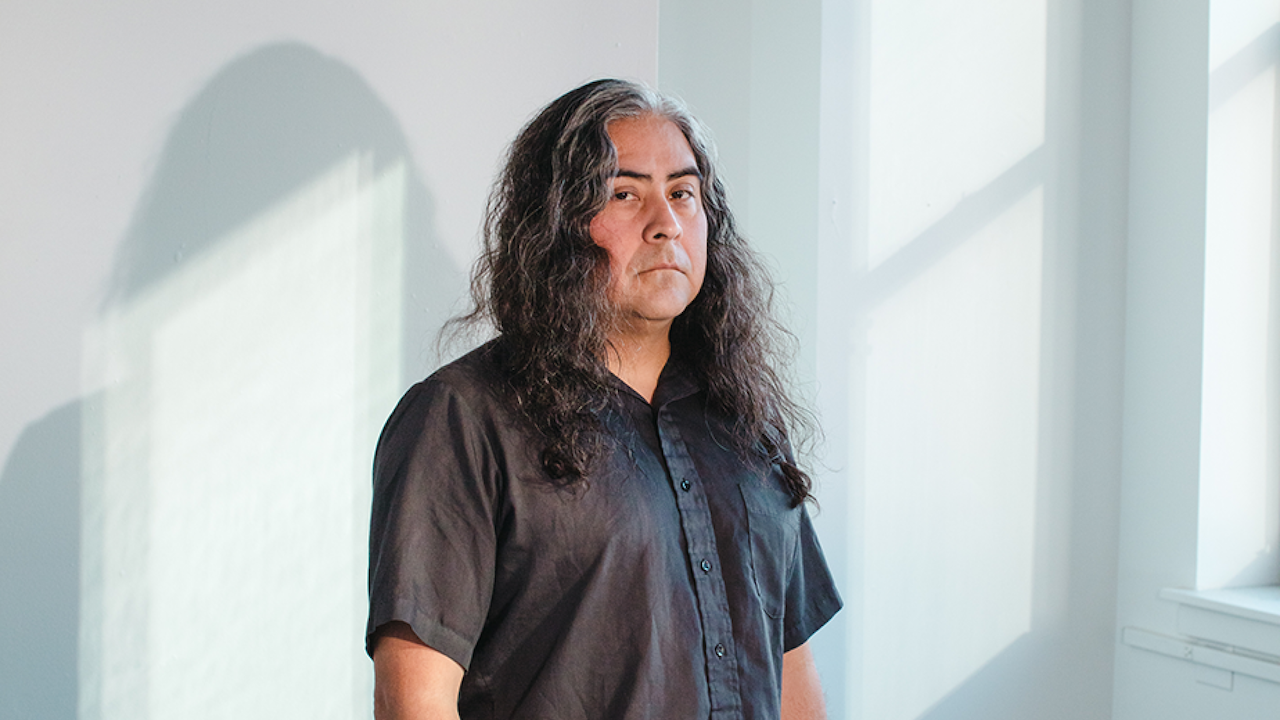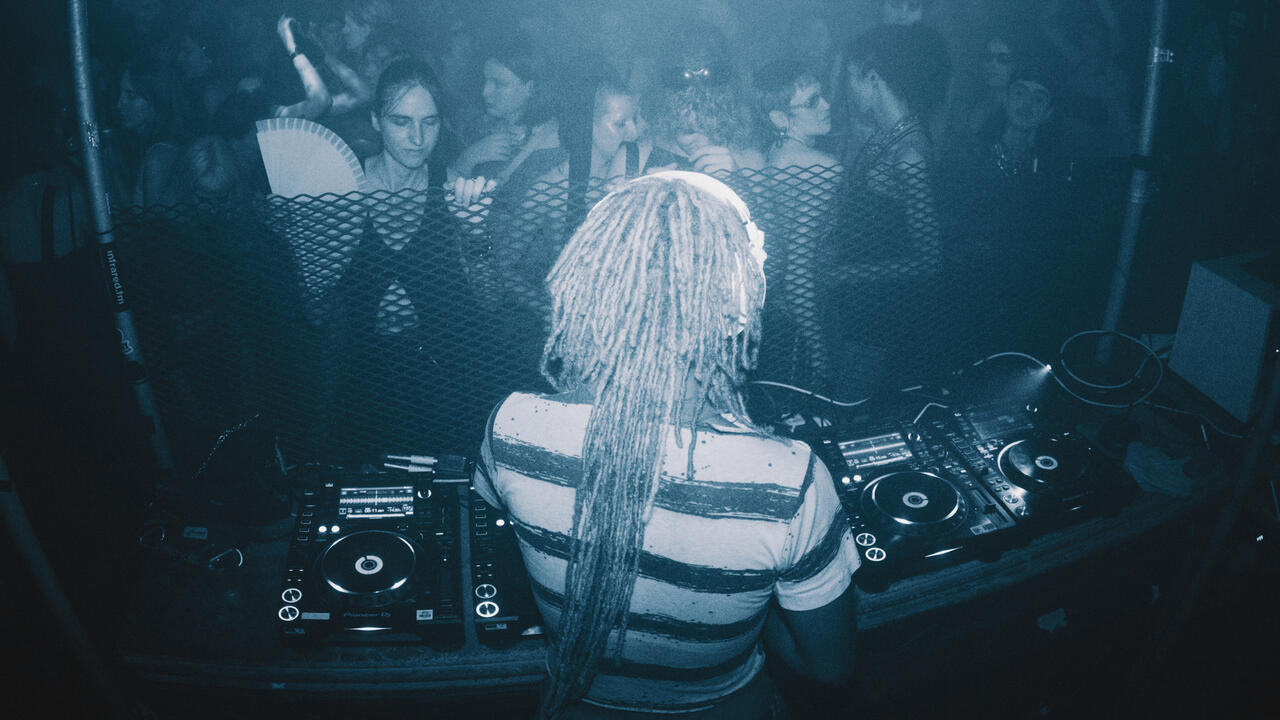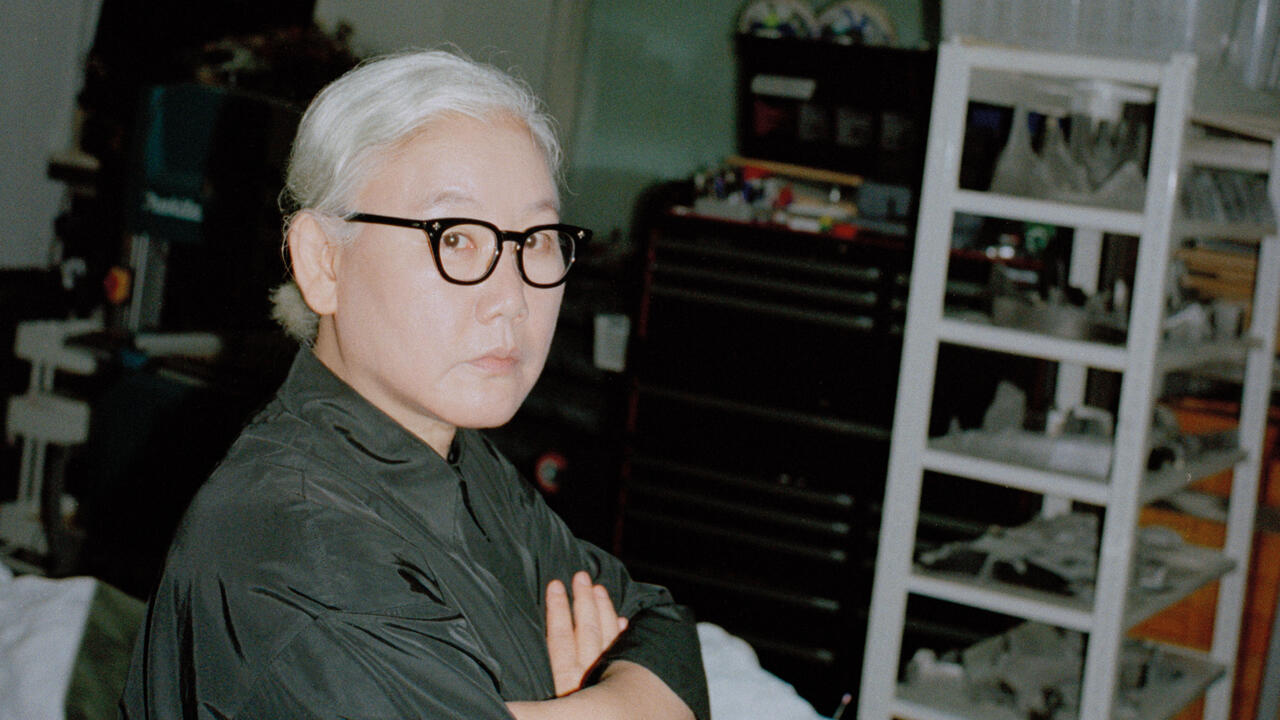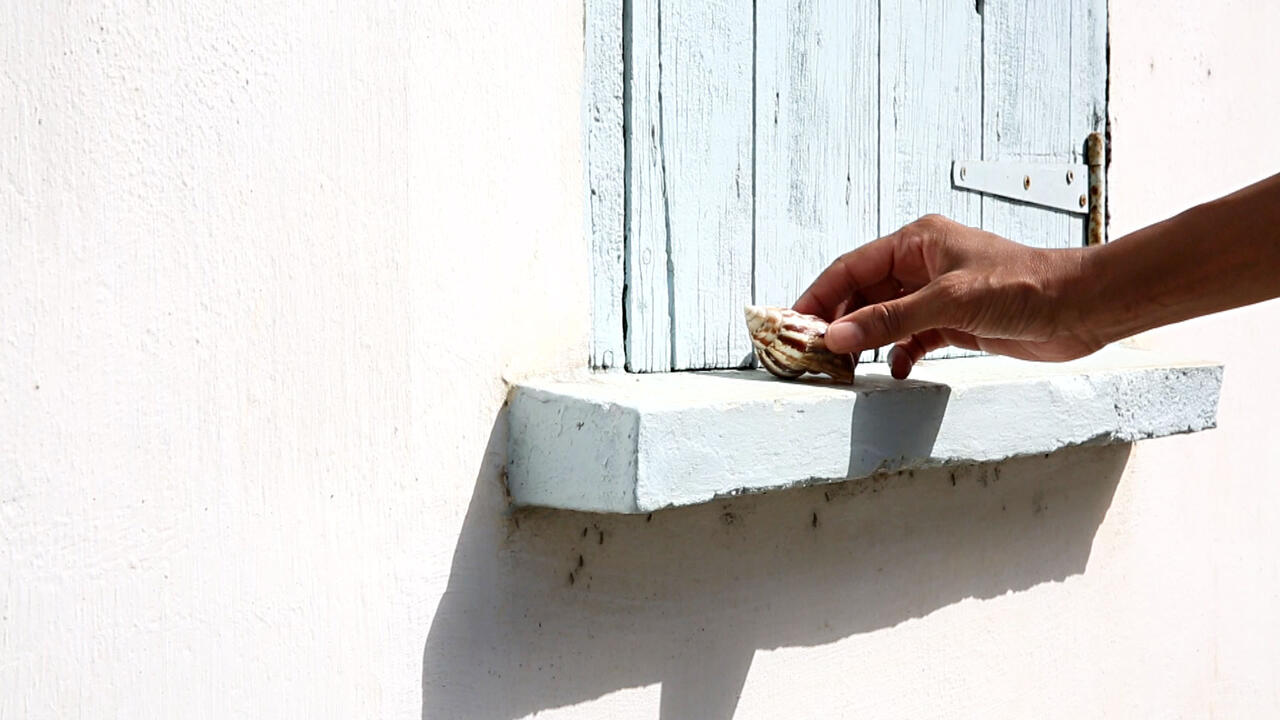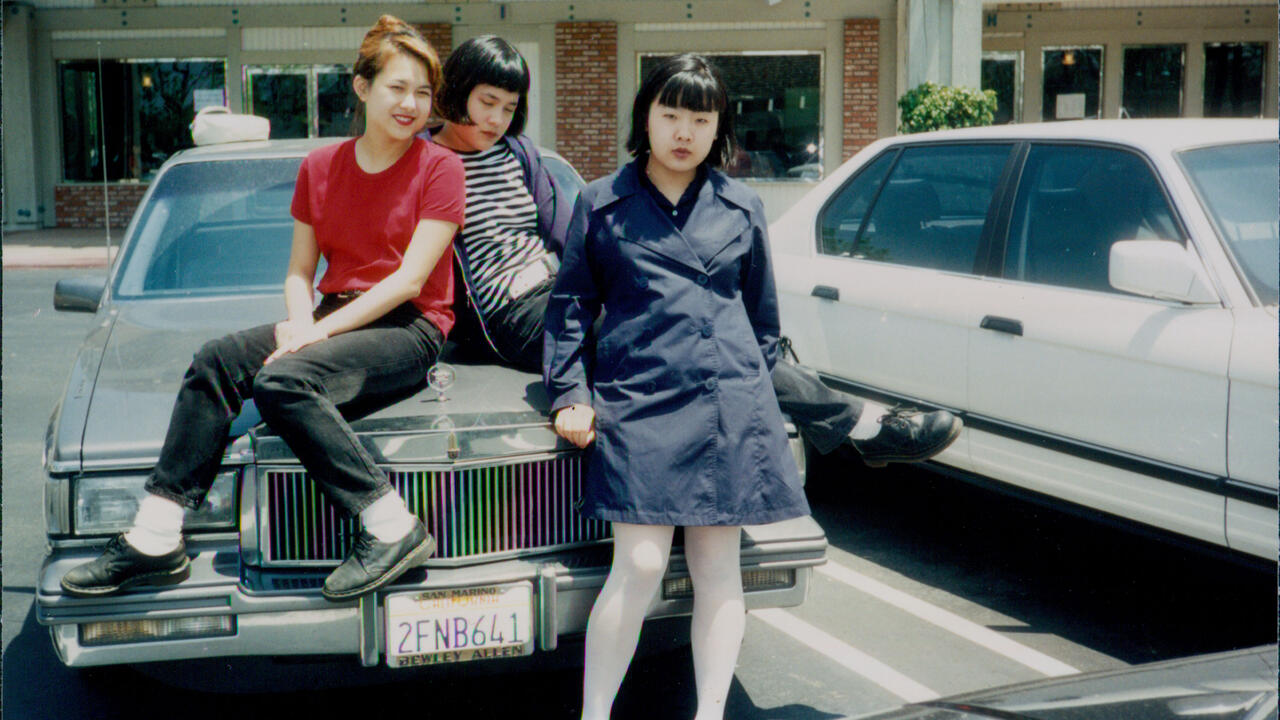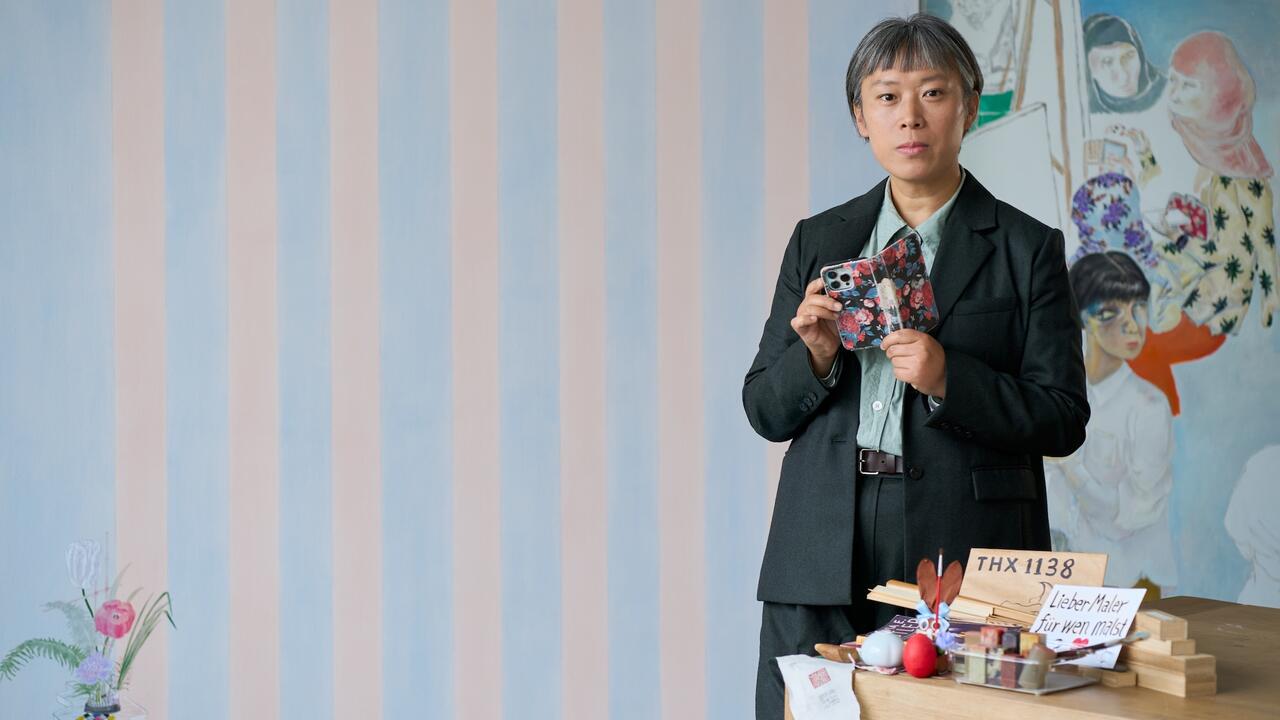Robyn’s Radically Patient Pop
Honey is an antidote to the norms of pop music today; a salve for the increasingly quick-hitting hooks of the streaming era
Honey is an antidote to the norms of pop music today; a salve for the increasingly quick-hitting hooks of the streaming era

Grief, loss and longing take a toll on the body. Swedish pop icon Robyn seems to understand this. 2010’s epic Body Talk felt like a multi-sensory expulsion, where the physical release of dance met the cerebral relief of her wise words. In her songs, there’s an understanding that we overcome the lows of our lives by moving through them, rather than by numbing; how the very movement of our bodies can be part of survival.
Healing does not happen quickly. It’s a process. Similarly, the songs on Robyn’s latest, Honey (2018), are not so immediate. Here, the anthemic bangers of Body Talk take a back seat for nine songs that slowly, softly make their way through your mind and your heart and your limbs. Lead track ‘Missing U’ recalls the Body Talk era, but it’s more like a Trojan horse. On Honey, the co-existence of joy and sorrow comes with vast, soft-building intros; beats that sound profoundly feminine (and Robyn was more involved in making this time around); and songs that don’t necessarily go places, but instead meditate on memory, missing, forgiving. There’s also humour and weirdness. Robyn talks about things like nutrition. And human connection. ‘I’m a human being, and so are you,’ she starts on ‘Human Being’. Nearly every song surpasses the four-minute mark.
Honey is an antidote to the norms of pop music today; a salve for the increasingly quick-hitting hooks, shorter song lengths, and other trends of the streaming era. Pop music continues to move in a distinctly un-nourishing direction, and in that context, the sense of non-formulaic thinking throughout Honey feels all the more enriching. In a recent interview with The New York Times, Robyn spoke about patience and how it plays out in her music, and about what the inconclusive resolve of club music taught her: ‘There’s no reward [...] You have to enjoy that there’s no conclusion.’

Even where she does write hook-first, on the strikingly vast title track, she worked (for six months, to be exact) to get it just right. She ultimately made the song into less of a banger than it had originally appeared when it debuted as a TV sync and caught fan attention. ‘I was interested in songs that didn’t have a beginning and an end,’ she said in an another recent interview. ‘When things are so streamlined in your Instagram window […] I feel like there has to be some complexity.’
‘Send to Robin Immediately’ plays with that type of non-linear complexity, starting with a drawn-out echo of the previous track’s refrain (‘Baby forgive me’) and a slowly demanded late-night desire for direct communication (‘If you’ve got something to say, I need to hear it tonight’) as the beat takes nearly two minutes building its momentum to get to its first proper verse. Elsewhere, there’s ‘Beach2k20’, the most stunningly strange on Honey, which circles on clips of Robyn asking her friends to come down to a ‘cute place on the beach’ to party and get some nice food: ‘Come through, it’ll be cool.’ ‘Because Its in the Music’ is another highlight, a shimmering disco cut that gets right into how heavy the connections between music and memory can be. ‘Because it’s in the music / yeah we were dancing to it / I’m right back in that moment / and it makes me want to cry,’ she sings, out on the dancefloor, thinking about life.
Robyn’s first tweets of 2018 were the simple two words ‘Public space’ followed by: ‘Thinking about space, if its public space. Who decides what gets to be in public space?’ It’s likely she was considering the imminent announcement of her album, unavoidable questions about what inspired the songwriting. As it turns out, in 2010, the year that Body Talk was released, Robyn entered a long-term period of psychoanalysis that would last seven years. She intended to unpack her childhood, but in the years that followed she experienced debilitating loss: in 2014, she lost her good friend, Christian Falk, who she’s described as ‘probably one of the most important people in my life when it comes to music,’ someone who took her seriously as a teenager when no one else did. The same year, she went through an intense breakup. The psychoanalysis happened three to four times per week. But to move forward, she also spent a lot of time going out dancing.

She credits these experiences with affecting how she went into the album-making process. In an interview earlier this year with her collaborator the UK producer Kindness, she spoke about the sensuality and softness she allowed herself to explore: ‘I used to think that the more you push, the better it gets,’ she says. But she found something different: ‘The softer I get, the more it happens, and the more colours and dynamic a song gets […] That means for me just shutting down for a while and being very sparse with my impressions and sensitive with what I needed.’
Robyn’s type of patience and softness is rare within 2018’s definition of pop. And it is markedly different from what the mainstream (and streaming services) now feed us as playlist-form chill-pills to ‘Relax and Unwind’ or feel ‘Totally Stress Free’. (On ‘Between the Lines,’ when a voice near the end repeatedly reminds the listener to ‘Relax!’ it almost seems to come with a wink.) The songs on Honey, like all great Robyn songs before them, don’t attempt to heal through escapism, or provide a passive backdrop for emotional self-regulation. Where there seems to be a growing divide between what type of music can be used just to numb pain and what’s holistically healing, Honey is the latter; sticky sweet but slow. Like the stuff you put into tea when you’re feeling unwell, maybe so that you can sing again.
Main image: Robyn, Governors Ball Music Festival, New York, 2016. Courtesy: Getty Images; photograph: Taylor Hill









